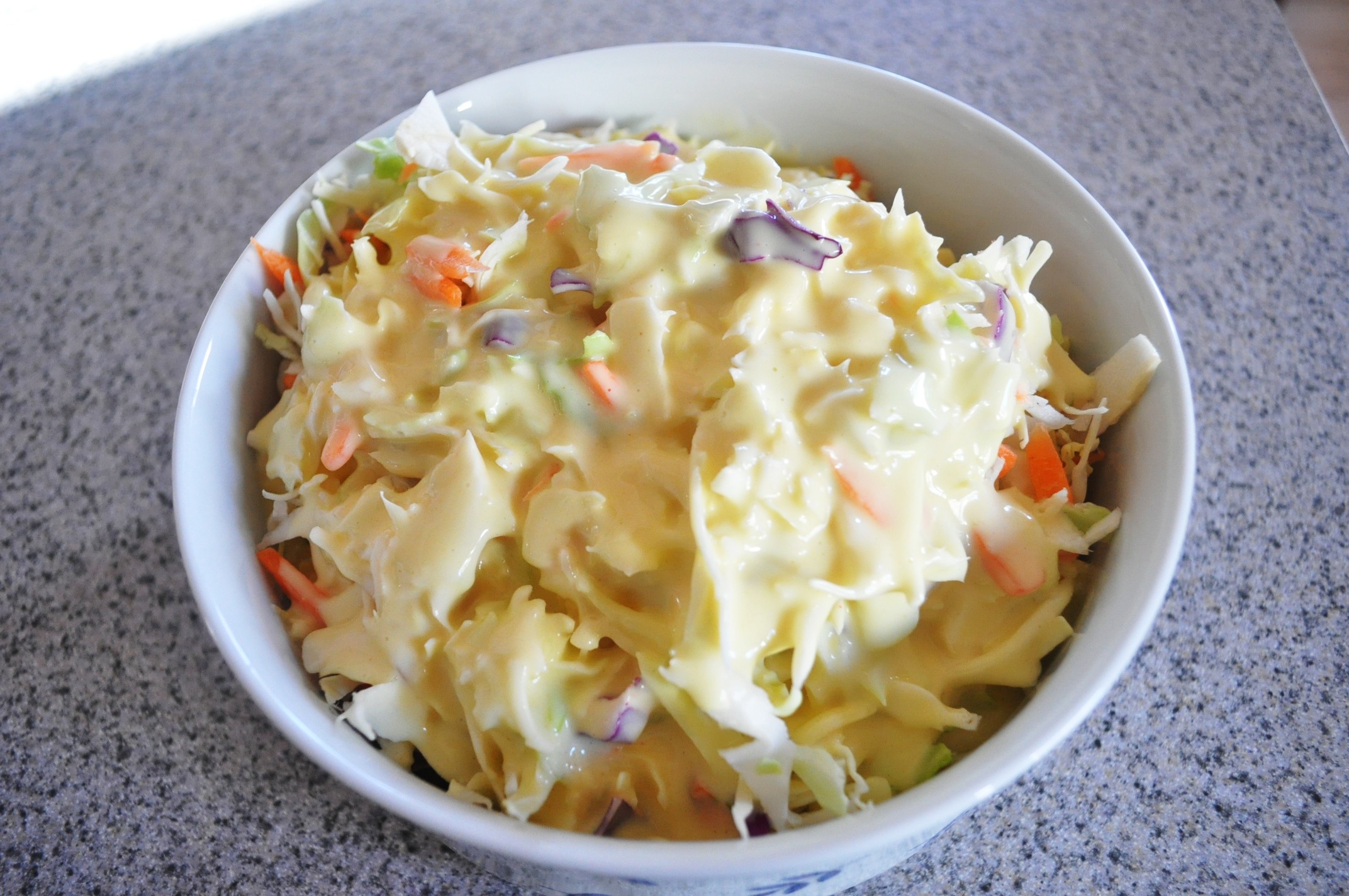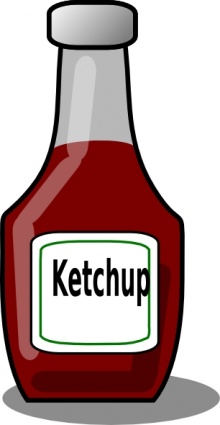Sugar is an often unnoticed part of many diets but experts are concerned we may be eating too much.
Images courtesy of the science photo library.
We need to reduce our sugar intake, says a new campaign group. But some foods have a surprisingly high amount of sugar added to them.
Action on Sugar has been launched to reduce the amount of sugar added to food and soft drinks. The aim is to help people avoid "hidden sugars" and get manufacturers to reduce how much they use.
Some foods have surprisingly high amounts of sugar added to them. Here are five.
 yoghurt. - Often laden with sugar to keep flavour and texture when fat is removed. A 150g (5oz) serving of some 0% fat yogurts can contain as much as 20g (0.7oz) of sugar - the equivalent of five teaspoons, says Action on Sugar. That's getting on for half of a woman's daily recommended intake of added sugar, which is 50g (1.7oz). It's 70g (2.5oz) for men.
yoghurt. - Often laden with sugar to keep flavour and texture when fat is removed. A 150g (5oz) serving of some 0% fat yogurts can contain as much as 20g (0.7oz) of sugar - the equivalent of five teaspoons, says Action on Sugar. That's getting on for half of a woman's daily recommended intake of added sugar, which is 50g (1.7oz). It's 70g (2.5oz) for men.
A tomato-based pasta sauce boasts certain health benefits, but a shop-bought one can also be packed with sugar. It's often added to make the sauce taste less acidic. A third of an average-sized jar, roughly 150g, can contain over over 13g of sugar. That's roughly three teaspoons of sugar.
 Water is good, right? Depends what type."Enhanced water" has vitamins added to it but sugar as well. A 500ml glass of some brands contains 15g of sugar, the equivalent of nearly four teaspoons of sugar says Action on Sugar.
Water is good, right? Depends what type."Enhanced water" has vitamins added to it but sugar as well. A 500ml glass of some brands contains 15g of sugar, the equivalent of nearly four teaspoons of sugar says Action on Sugar. And while coleslaw is mostly shredded vegetables, it also comes with an added serving of sugar. The mayonnaise is largely to blame. One tablespoon of a shop-bought coleslaw, roughly 50g, can contain up to 4g of sugar. A couple of spoonfuls on your plate is equivalent to a couple of teaspoons of sugar.
And while coleslaw is mostly shredded vegetables, it also comes with an added serving of sugar. The mayonnaise is largely to blame. One tablespoon of a shop-bought coleslaw, roughly 50g, can contain up to 4g of sugar. A couple of spoonfuls on your plate is equivalent to a couple of teaspoons of sugar.
From BBC -Health

No comments :
Post a Comment
comentários